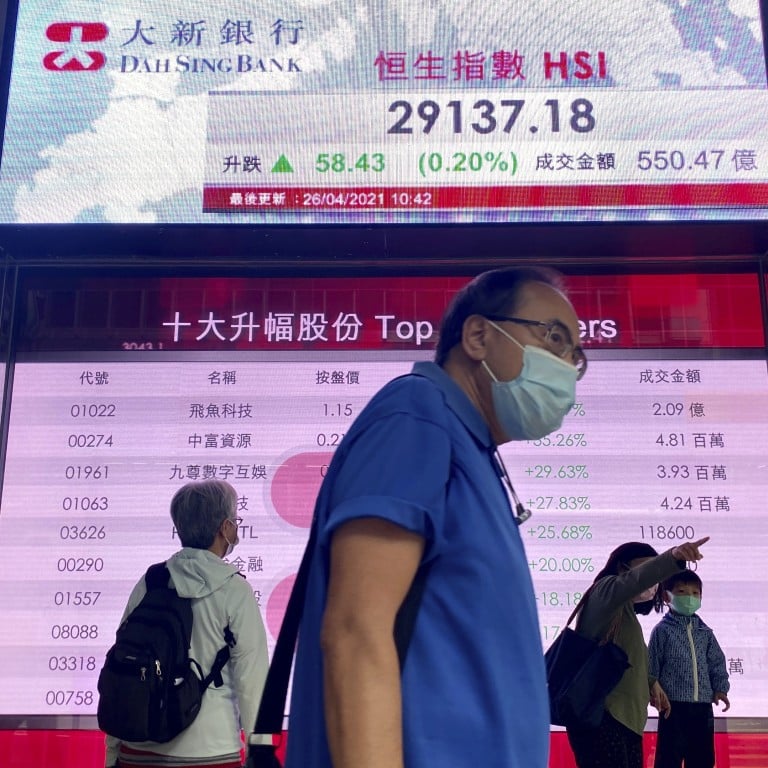
China added 74 unicorns in 2022, maintaining steady pace of growth despite fundraising crunch
- China and the US continue to be the world’s top two when it comes to creating billion-dollar start-ups, according to Forbes China
- In 2022, the US added 182 unicorns, accounting for more than half of the world’s 330 new unicorns
China minted 74 new unicorns last year, falling further behind the US but maintaining a steady pace of growth, according to a new report published by Forbes China.
In 2022, the US added 182 unicorns – start-ups valued at more than US$1 billion – accounting for more than half of the world’s 330 new unicorns in total, according to Forbes data.
The two countries continue to be the world’s top two when it comes to creating billion-dollar start-ups, together accounting for 77 per cent of all new unicorns added globally.
But new unicorns born in the US in 2022 dropped roughly 28 per cent from the previous year, while China maintained the same number. In 2021, the US created 254 new unicorns while China also created 74, according to the Hurun Global Unicorn Index.
Sequoia Capital led venture capitalists in first half of 2022: Hurun
China’s number of unicorns grew last year despite an overall fundraising slump amid economic headwinds, including pandemic-related supply chain disruption. In 2022, the number of private equity investment deals in China dropped 13.6 per cent from the previous year, while volume dropped 36.2 per cent year-on-year, according to data published by Chinese research firm Zero2IPO on Wednesday.
Globally, the value of venture capital deals fell 42 per cent in the first 11 months of 2022 compared to the same period in 2021, with declines reaching 50 per cent in China and 45 per cent in the US, according to Bloomberg, citing data from research firm Preqin.
While consumer internet companies once dominated China’s unicorn list, the country’s newly born unicorns now appear to be concentrated in industries that are more aligned with China’s national development goals.
70 per cent of China’s new unicorns come from four fields: Clean technology; renewable energy; and healthcare and smart logistics, according to Forbes China. More than 10 semiconductor companies also made the list, which includes only one gaming company and one metaverse company.
By comparison, in the US enterprise service providers and cryptocurrency-related companies made up half of the country’s new unicorns in 2022, Forbes China said.
China’s new billion-dollar start-ups last year primarily came from southern China, Forbes China said. Of the country’s 74 new unicorns last year, 19, or more than a quarter of them, were born in southern Guangdong province, while 14 came from Shanghai and 13 came from Beijing.
China’s existing unicorns continue to top global unicorn rankings by valuation. Among the world’s 10 most valuable private companies by the end of June last year, ranked by Hurun in August, 5 are from China, including TikTok maker ByteDance, Alibaba Group Holding’s fintech affiliate Ant Group, fast fashion giant Shein, Tencent Holdings-backed digital bank WeBank and JD Technology, the fintech arm of e-commerce giant JD.com.

